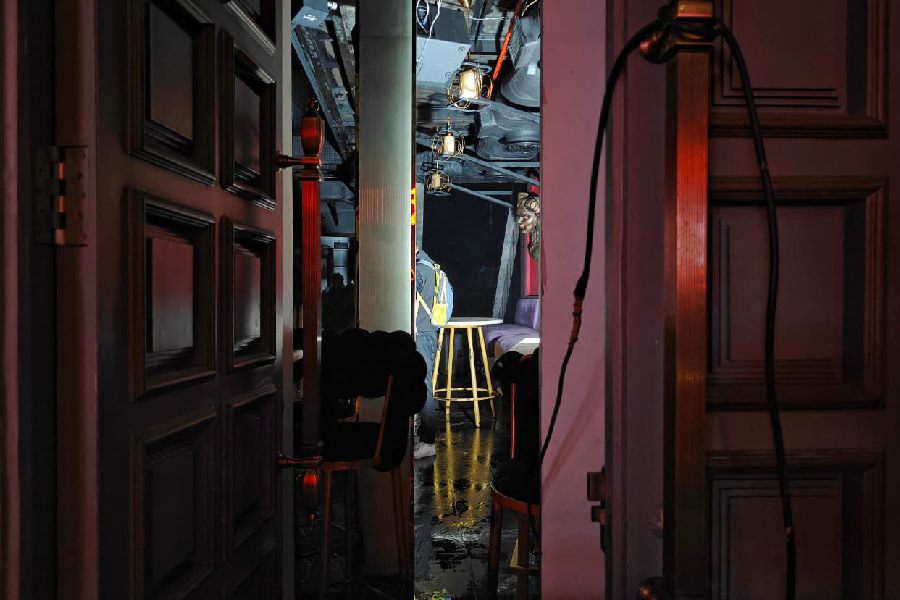 |
We thought we had put it all behind us, didn't we? Those three endless days when a 15-minute subway ride stretched into a several-hour walk, when a leisurely train ride became an all-morning slog, and when rising two hours early still meant arriving two hours late.
Now that there’s a possibility of a reprise (however unlikely), this might be a good time to remember that for some, a trek of hours to work is not a transit strike, it’s just a daily commute.
Urbanologists call them extreme commuters, and to qualify for that title you have to travel at least 90 minutes each way to work. (The national average is 24.3 minutes.) The Census Bureau says 3.4 million American workers fall into this category, an increase of 95 per cent since 1990. They travel across state lines ? living in New Hampshire, for instance, and commuting to Boston, or living in West Virginia and driving to Pittsburgh. Some even cross time zones.
Not surprisingly, many of them hate their commute. Britt Fucito works at the Patent and Trademark Office in Washington and lives just 25 miles south, in northern Virginia.
But it is a congested 25 miles, and while the train theoretically takes 45 minutes, regular delays add an hour and periodic cancellations can ruin a workday. So Fucito and her husband drive up Interstate 95 every morning, dodging tractor-trailers. The ride takes up to two hours, and Fucito gets to listen to her husband yell at the other drivers.
Quite surprisingly, however, some extreme commuters love it. “I do enjoy the trip,” says Kellie Anglin, who travels 72 miles each way every day from her home in Carroll County, Ga., to her job as an account executive with a financial processing firm. “Is that crazy?'
Anglin used to drive her own car, but the cost became downright painful, so 18 months ago she joined a state-sponsored van pool programme and drives in with a dozen co-workers. They make a stop for coffee and doughnuts every morning.
Extreme commuters are a reflection of the housing market. Nearly all of those who make these treks do so because it is the only way to live in a home they can afford. “I would love to live closer,” said Emily Allen, who spends 90 minutes travelling from Palo Alto, California, into downtown San Francisco.
Allen, 22, has been living with her parents since she graduated last June and took an entry-level job in PR. She has learned she can’t afford to rent her own apartment and that there are limited rooms that she can rent in places where she’d be willing to live. “Anything south of San Mateo doesn’t have enough advantage in commute time. I’m committed to my church in Palo Alto, so I’d like to find a location more or less halfway between there and S.F. I’d also like to live with girls my age so I can socialise a little. I’d also like to live with girls my age so I can socialise a little, whereas most of the listings I see are rooms farmed out by single mothers with extra space.”
For some, a longer commute is worthwhile not just because life in the exurbs is cheaper, but also because it is better. Peter Platania says he has no regrets about trading his six-minute drive from Howard Beach, Queens, to Kennedy Airport, for a 50-mile drive from the outskirts of Kansas City, Mo.
Commutes are supposed to be shorter in Kansas City ? an average of 20.7 minutes, compared with New York, which, at 38.3 minutes, has the longest average commute in the country. But Platania travels for love. His wife was working as a schoolteacher in a small Missouri suburb when they met online six years ago, and he moved halfway across the country to be with her. “What’s another 50 miles?” he said.











